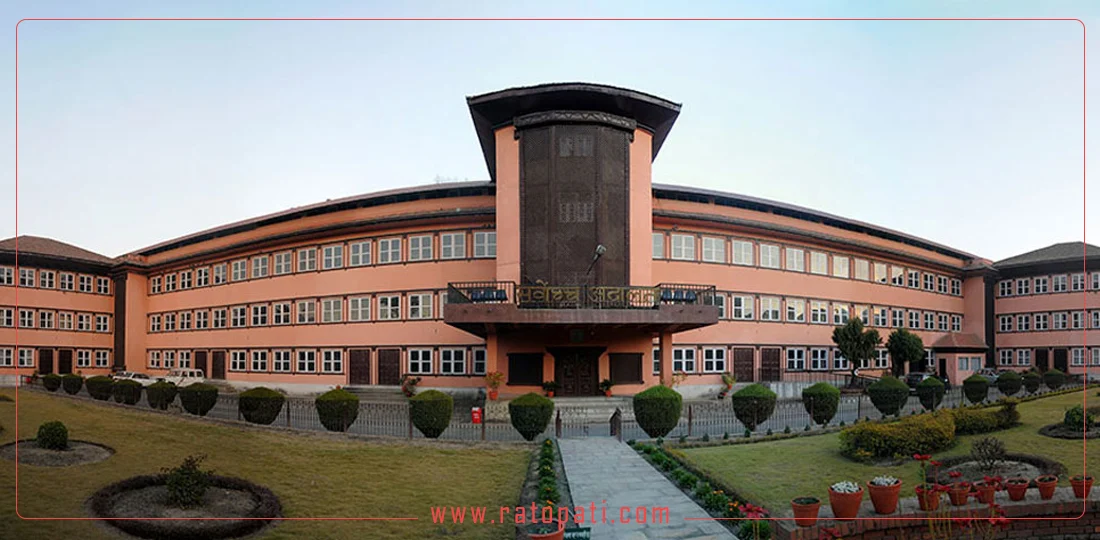With an objective to inductively determine the practical implication of the administration of the World Heritage Site (WHS) Conventions on the Rights Practices (RP) and to enunciate policy departures for instituting a Right Based Approach (RBA) of management at WHS properties, this research has been undertaken. The overall research question seeks to empirically document significant factors shaping, hindering or facilitating the articulation of rights, in the World Heritage system at site, country and international levels.
While the research work had just started in Kathmandu, a massive destructive earthquake named the Gorkha Earthquake after its epicenter location hit central Nepal on 25 April, 2015.
The Gorkha Earthquake and its huge aftershock of 12 May 2015 destroyed more than 469000 housing, killing over 8786 and injuring over 22491 in central hills and mountains of Nepal.
Along with the human emergency, it also wrought about a heritage emergency, damaging more than 90% of listed monuments with 133 collapsed, 495 heavily damaged and 493 suffering partial damage. All of the seven monuments zone of the KVWHS suffered similar damage with several of the listed monuments totally collapsing. In the light of this emergency, the research questions posed for the project were revised so as to study the emergent rights issues as the rescue, recovery, stabilization, restoration and reconstruction process started in the heritage field in general and in the Kathmandu Valley World Heritage Site (KVWHS) in particular.
The first workshop held in December 2015 was used as a platform to discuss the initial stages of this research project. The main aim of the second workshop on 16 September 2016 at the Department of Architecture in Pulchowk, Lalitpur was to follow up the first workshop and share the findings of the research.The workshop was also used to initiate a dialogue between various stakeholders for an effective, participatory reconstruction process
The meeting started with the presentation of the policy paper on local rights in KVWHS by Prof. Sudarshan Raj Tiwari, followed by Prof. Bipin Adhikari, who presented the legal study paper on human rights in world heritage in Nepal. After these presentations, participants discussed and commented on the topics. Prof. Sudarshan Raj Tiwari closed the discussion with some remarks on the way forward in the context of heritage reconstruction. The workshop came to an end with concluding remarks by participants and a summary by Prof. Bipin Adhikari.


